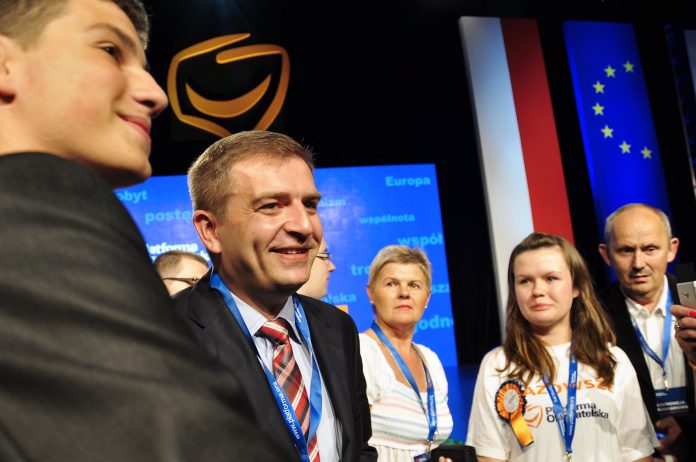On the eve of World Cancer Day, Parliament’s Special Committee on Beating Cancer (BECA) backs EU wide effort to beat cancer.
BECA Chair Bartosz Arłukowicz (EPP, PL) said: “Over the last few years, fighting cancer has been high on the Parliament’s agenda, culminating in setting up our Special Committee on Beating Cancer. In the midst of the COVID-19 pandemic, we cannot forget about the disease that kills 1.3 million Europeans every year, and for which there is no vaccination that can eliminate it altogether.” Responding to the Plan unveiled today by the European Commission: “We want to undertake the enormous task of beating cancer together, as a Union. Shared knowledge and databases, support for screening programmes, co-financing of HPV vaccinations, are among the many steps we will not hesitate to take on our path to finally beating cancer. We must embark on this ambitious project together. Our Union can beat cancer!” concluded Arłukowicz. BECA Rapporteur Véronique Trillet-Lenoir (Renew Europe, FR) said: “Cancer is a disease underpinned by social injustice. We are unequal in terms of prevention, unequally protected against environmental carcinogens, unequally educated in what constitutes risky behaviour, unequally armed against disinformation. EU countries have unequal access to quality care. Finally, once we have recovered from illness, we are not all able to return to work, to be financially independent and to lead a harmonious social and private life. For all these reasons, I fully support the establishment of a Cancer Inequalities Registry to identify challenges and specific areas of action at EU and national levels”. “More than 40% of all cancers are preventable if individual, social, environmental and commercial health risk factors are addressed. Ambitious legislative proposals to reduce tobacco and alcohol consumption, to promote a healthy diet and physical activity are steps in the right direction. We should propose stronger measures and clear targets to fight against environmental pollution, to ensure health and safety at work, to limit the exposure to carcinogens and mutagens and to take into account the cumulative effect of hazardous chemicals”, Trillet-Lenoir added. The EU Cancer Plan is structured around four key areas: prevention, early detection, diagnosis and treatment, and improving quality of life. There are multiple supporting actions, along ten flagship initiatives. The EU budget has earmarked €4 billion to address cancer, including from the EU4Health programme, Horizon Europe and the Digital Europe programme.

